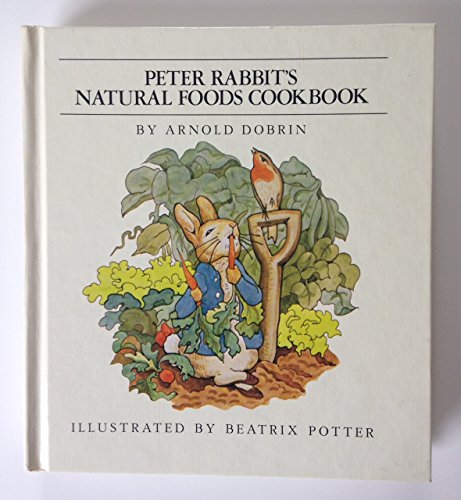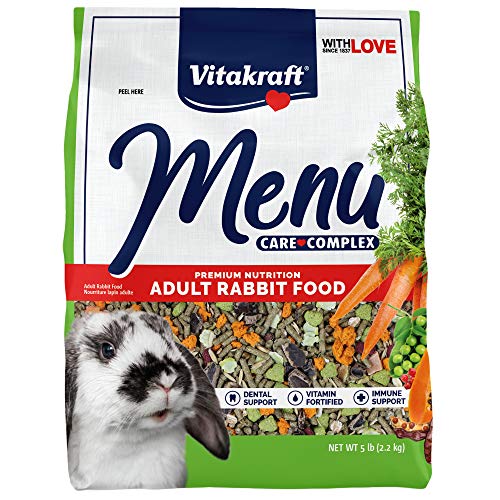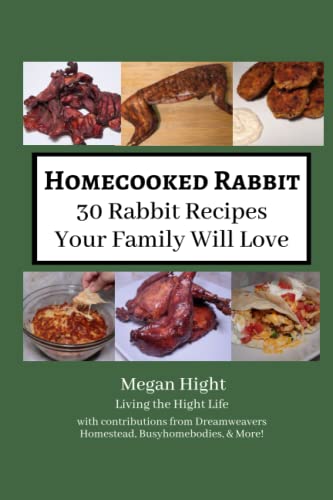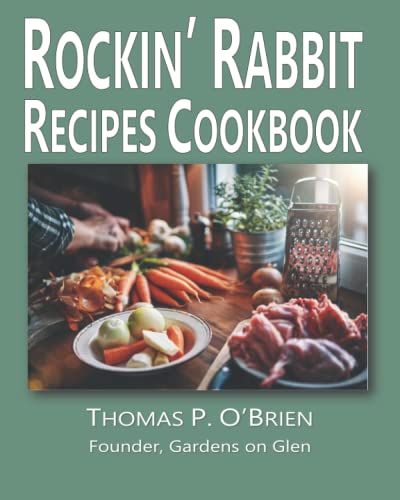evankliewer
Member
- Joined
- Mar 9, 2014
- Messages
- 11
- Reaction score
- 0
My larger dwarf mix doe had a litter of 7 about three weeks ago and they were just starting to eat food. A few days ago, they were attempting to eat carrots and hay. Yesterday, I saw 2 of them acting strangely. They both were laying on their sides and rolling around a little. One of them managed to get to its feet and went to the corner of the cage, but eventually laid back down. It acted as if it had broken a couple broken limbs and couldn't get back up again. Its frequency of movement went down, as well as its breathing, until it stopped altogether. The exact same thing happened about 3 hours later and when I woke up the next day, yet another set of 2 was lying dead in the cage. I was left with one more until I took a nap and found the last one dead. All 7 kits died and I'm not exactly sure what happened.
I was told that the buck and the doe were originally from the same litter, but their babies seemed completely healthy until now. It's possible that the doe broke their limbs because she was really careless about where she was stepping. I examined one after it died and it seemed like its shoulders had been dislocated, but I guess I can't be completely sure. I examined another, who didn't seem to have the same problem. Anyway, I'm at a loss for an explanation. I'm wondering if anyone has had a similar situation happen in their rabbitry and may have an explanation as to what happened.
I was told that the buck and the doe were originally from the same litter, but their babies seemed completely healthy until now. It's possible that the doe broke their limbs because she was really careless about where she was stepping. I examined one after it died and it seemed like its shoulders had been dislocated, but I guess I can't be completely sure. I examined another, who didn't seem to have the same problem. Anyway, I'm at a loss for an explanation. I'm wondering if anyone has had a similar situation happen in their rabbitry and may have an explanation as to what happened.





















































